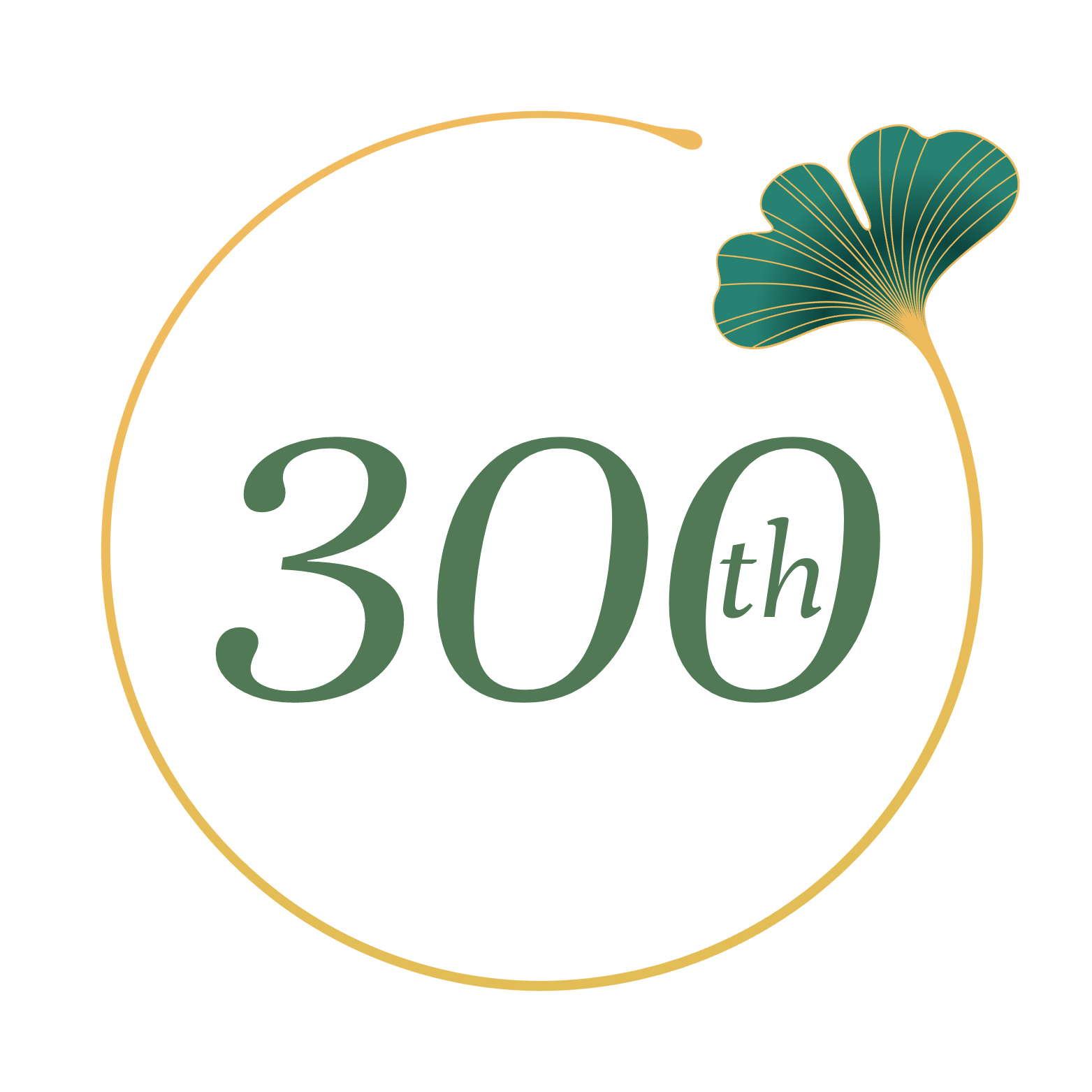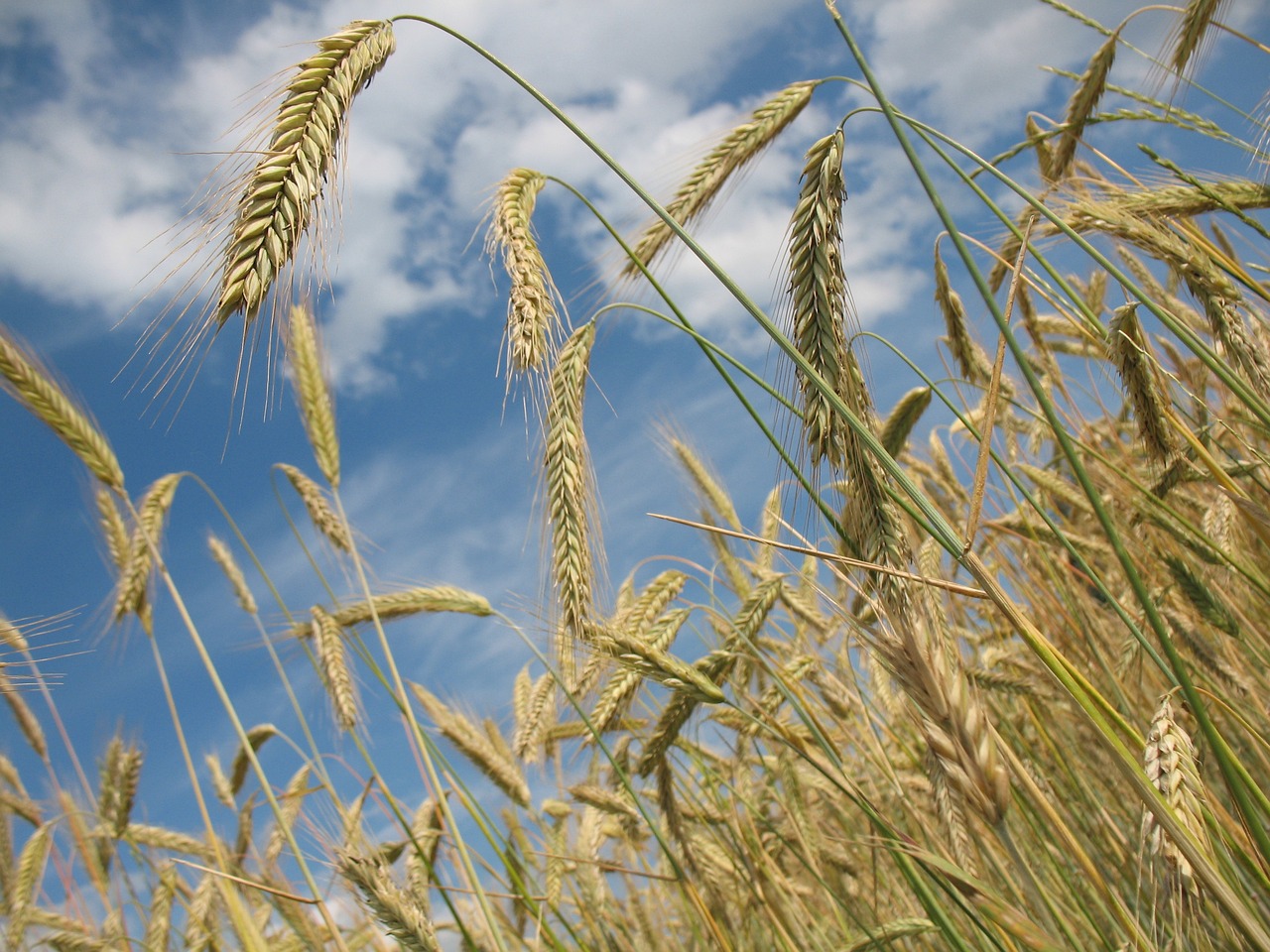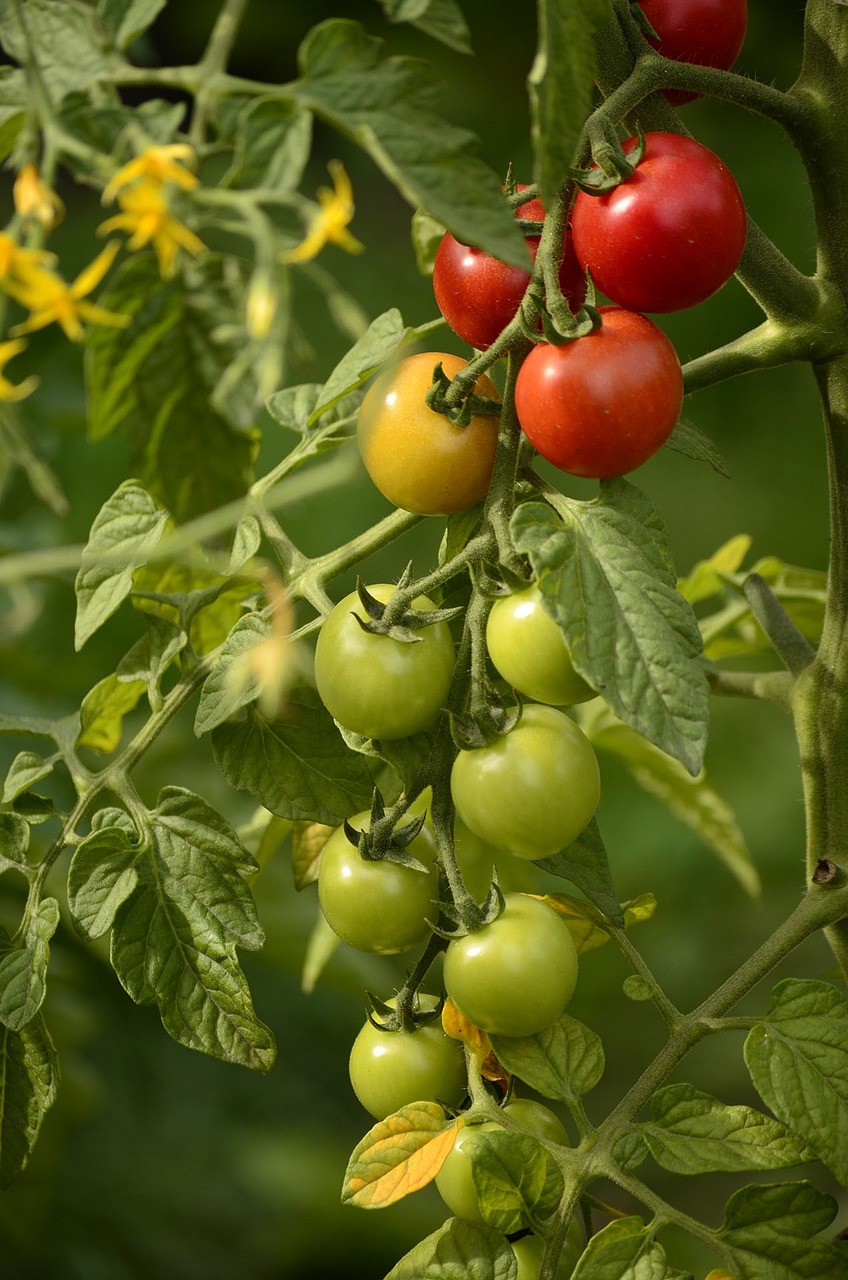As part of our celebrations to mark 300 years since the appointment of the first Professor of Botany, some of our current academics have written short research stories to help give you an insight into current areas of interest and future research challenges.
If you are interested in finding out more, including how you might be able to support our academics in their future research endeavours, please get in touch with them directly.
Epigenetics in agriculture: unlocking nature's code for healthier crops
Jake Harris, Head of the Chromatin & Memory Group
Problem we’re looking to solve
It is estimated that a full 40% of crops are lost to pests globally each year ($220 billion USD to plant disease and $70 billion from insects). We hope to contribute to reducing these losses by revealing the mechanism deployed by plants when they detect pathogenic threats. From a biological standpoint, the problem we are trying to solve is how to unlock the adaptive potential of plant genomes.
Solution
We are studying how plants naturally rewire response networks at the cellular level so that they can respond more robustly to challenge. By combining this knowledge with new tools in genome engineering – approaches that allow us to precisely target particular regions of the genome, to turn genes ‘on’ and ‘off’ – we can look to generate plants with designer traits and enhanced resilience capabilities.
Why Cambridge, why now, and history of working in this area
Scientists have known for over a century that plants can become immune to pathogens that they have previously encountered [Chester (1933). The Problem of Acquired Physiological Immunity in Plants. The Quarterly Review of Biology]. However, plants don't have a brain, or a system of mobile defender cells, so how do they acquire enhanced resistance? It turns out that life experience can imprint upon the genome, leaving molecular signposts on top of DNA (so called ‘epigenetic marks’) which can be perpetuated long after the initial stress has occurred and sometimes even between generations. The study of these molecular signposts is called epigenetics, and these mechanisms help to explain the mystery of how plants ‘remember’ previous pathogen attacks. Cambridge boasts a huge number of pioneering giants in the field of epigenetics – including Professor Sir David Baulcombe (Regius Professor of Botany from 2009-2020) who showed that the central dogma (DNA -> RNA -> Protein) can be reversed (RNA -> DNA) through deposition of epigenetic marks. Cambridge still maintains incredible strength and vibrance in this area, holding a termly Epigenetics Club that regularly hosts international speakers and is attended by researchers across the School of Biological Sciences.
With the development of novel genome engineering tools, we can use this knowledge of how epigenetics works to deposit epigenetic marks at precise locations to instill ‘memories’ of pathogen attack, enabling plants to respond more robustly to disease challenge. During my postdoctoral work at UCLA, my lab was one of the first to apply these new genome engineering approaches (known as CRISPR) to precisely modify the epigenome. For instance, our lab showed that by modifying epigenetic marks at single genes, we can modify important developmental traits such as time to flowering. The technology is now developing at a rapid pace as an ever-increasing number of scientists appreciate the transformative potential of these tools.
Cambridge is also unique in terms of its plant sciences ecosystem. We have an incredible density and diversity of plant scientists and a continuum from primarily basic science research in our Department of Plant Sciences, to some of the more translational work at the Crop Science Centre and the adjoining National Institute of Agricultural Botany (NIAB). This is particularly important for my own work, as I have been focused on the model plant Arabidopsis, but as the tools gain practical potential it will be essential to move these insights into more agronomically relevant crop species. Cambridge also has a burgeoning biotech ecosystem – arguably the strongest in the UK – which means that discoveries that we make can be translated into the real-world products and intellectual property can be used to help fund research into the next steps.
What is the research – what is it, how does it work, what resources are used and who is involved?
Our research in epigenetics aims to understand how cellular information is propagated and how life history can alter patterns of inheritance and future performance. We draw on synthetic biology principles (standardised modular tools), and are focused on developing genome engineering approaches so that we are not just learning about how the biology works, but are gaining access to controlling important aspects of the organism (such as disease resistance). As we are focused on the genome, we do a lot of high-throughput sequencing, regularly collecting sequencing data from single experiments that covers the entire genome (130 million bases) fifty times over. My group is composed of postdocs, technicians, graduate students, masters students and undergraduates, all working together towards these goals. Science doesn't happen in a vacuum; some of the most exiting breakthroughs that we have made are the result of informal collaborative experiments with other research groups that we share lab and office space with. The department fosters an environment that supports taking some risks, allowing its scientists to follow experimental paths resulting from “Wouldn't it be cool if…” types of conversations that are happening every day in the tea room.
Any outputs, outcomes or impact that is measurable. Has this or can it translate to clinical, society or industry uses?
Of course, one of the main outputs are publications, the impact of which should not be understated as publications allow new-to-humankind information to be instantly available across the globe. We also train new generations of scientists – from undergraduates stepping into the lab for the first time over the summer, to highly skilled international postdocs – that are focussed on solving some of the greatest challenges of the 21st century. We are also keeping an eye on protecting intellectual property resulting from our discoveries, so that there are routes to commercialisation for making an impact at scale. Through Agri-TechE (a networking organisation that brings farmers together with researchers and entrepreneurs globally), I have made connections with a number of biotech’s who are using the cutting-edge ideas from research to deliver new products and services for the agricultural sector (from beneficial fungi to new imaging and diagnostics). It’s truly an exciting time to be a plant scientist!
What are the milestones, timelines and what happens next?
It is coming up to three years since I started my lab, and this year we are focusing on publishing some of the first stories from our research: one of which describes a novel epigenome-engineering tool with a range of exciting potential applications, and one looking at epigenome reconfiguration during the process of ‘acquired’ immunity. In the next phase, we would like to translate some of these discoveries into crops (in particular tomato and potato), and in the future we want to explore the general applicability of these approaches beyond pathogens to think about other critically important challenges that plants face, such as draught, heat and nutrient deficiencies. Epigenetics underpins memory in all of these processes, so the underlying principles should be conserved.
If we solve the problem what can we expect?
In the broadest sense, generating crops that are more resilient would bring huge economic and environmental benefits, through safeguarding agricultural output and reducing reliance on pesticides, fungicides, herbicides and fertilisers. One vision that is a bit more specific to my own research – albeit still some distance away – came when discussing the potential implications of epigenome engineering tools with the first cohort of students taking the new Masters in Crop Sciences. Imagine being able to use climate models and local forecasting to inform delivery of a cocktail of epigenetically induced alterations to field of crops in anticipation of the next growing season. A ‘flu vaccine’ at the agricultural scale… Wouldn't that be cool?



